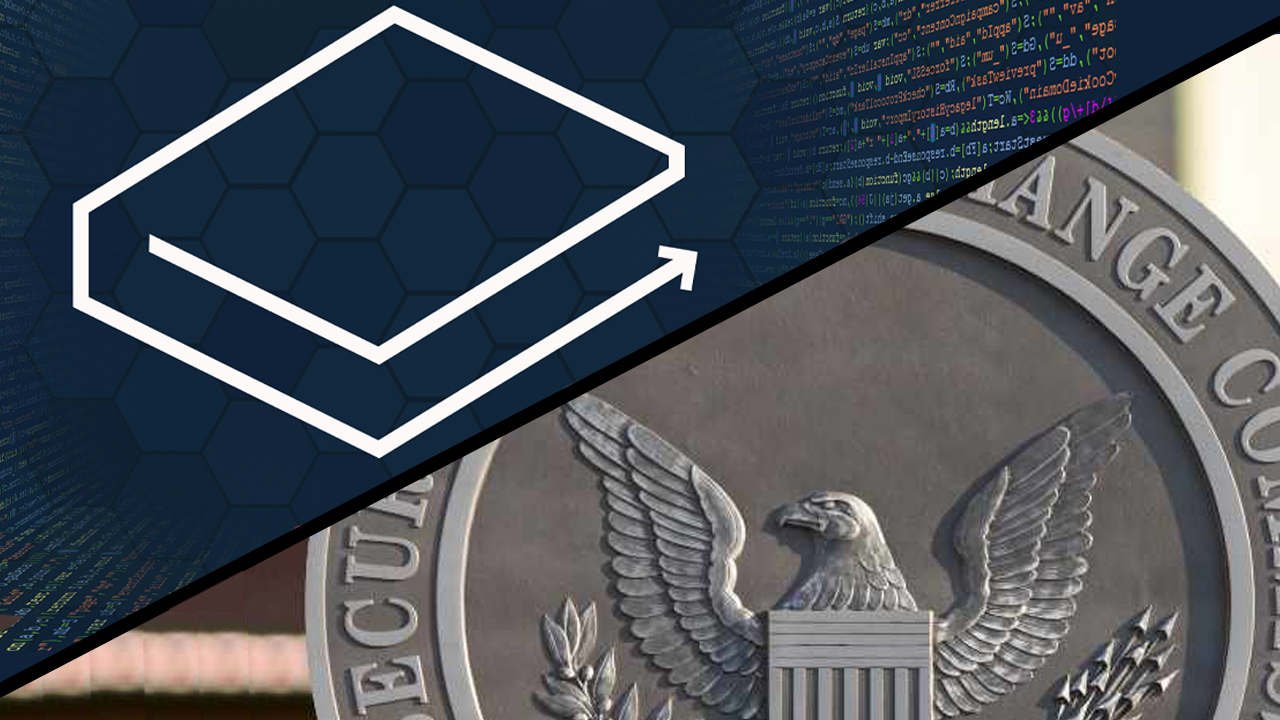The U.S. Securities and Exchange Commission (SEC) has won a court case against the blockchain-powered publishing platform LBRY. According to a New Hampshire district court ruling, Judge Paul Barbadoro agreed with SEC that the project’s native asset LBC was considered an investment contract or a transferable share representing a certificate of interest. On Twitter, LBRY said the language used to sway the court’s decision “sets an extraordinarily dangerous precedent.”
U.S. Regulator Wins Judgement Against Decentralized Blockchain Platform LBRY
According to court documents, the U.S. regulatory watchdog, the Securities and Exchange Commission (SEC), has won a case where it argued that LBRY sold an unregistered security that violates section 5 of the Securities Act of 1933. Furthermore, the SEC seeks injunctive relief from the alleged proceeds of LBRY’s LBC token.
Despite LBRY arguing that the blockchain token was not a security, but rather an essential component of the LBRY blockchain network, Judge Paul Barbadoro granted the SEC’s motion for summary judgment. The New Hampshire District Court’s approved summary judgment insists:
LBRY is mistaken about both the facts and the law.
Unlike a myriad of other crypto projects, LBRY did not have an initial coin offering (ICO), and LBRY contends that the SEC’s decision and the language used in the summary judgment sets an “extraordinarily dangerous precedent.”
The dangerous precedent means that the U.S. regulator could make “every cryptocurrency in the U.S. a security, including Ethereum,” LBRY added. The LBRY team disclosed that they plan to heal by licking their “wounds for a little bit,” but further added, “we’re not giving up.”
The LBRY case has a lot of people discussing whether or not other decentralized crypto assets will be targeted by the U.S. regulator. During the second week of September, the chairman of the SEC, Gary Gensler, said he wanted SEC to fine-tune crypto compliance.
The regulator also remarked that out of “the nearly 10,000 tokens in the crypto market,” he believes “the vast majority are securities.” In mid-July, Gensler explained that the SEC was looking at “tokens, the stablecoins, and the non-stablecoins” as far as regulatory clarity is concerned.
What do you think about the U.S. Securities and Exchange Commission prevailing in a court case against the blockchain publishing platform LBRY? Let us know what you think about this subject in the comments section below.
Image Credits: Shutterstock, Pixabay, Wiki Commons
Disclaimer: This article is for informational purposes only. It is not a direct offer or solicitation of an offer to buy or sell, or a recommendation or endorsement of any products, services, or companies. Bitcoin.com does not provide investment, tax, legal, or accounting advice. Neither the company nor the author is responsible, directly or indirectly, for any damage or loss caused or alleged to be caused by or in connection with the use of or reliance on any content, goods or services mentioned in this article.
Read disclaimer
